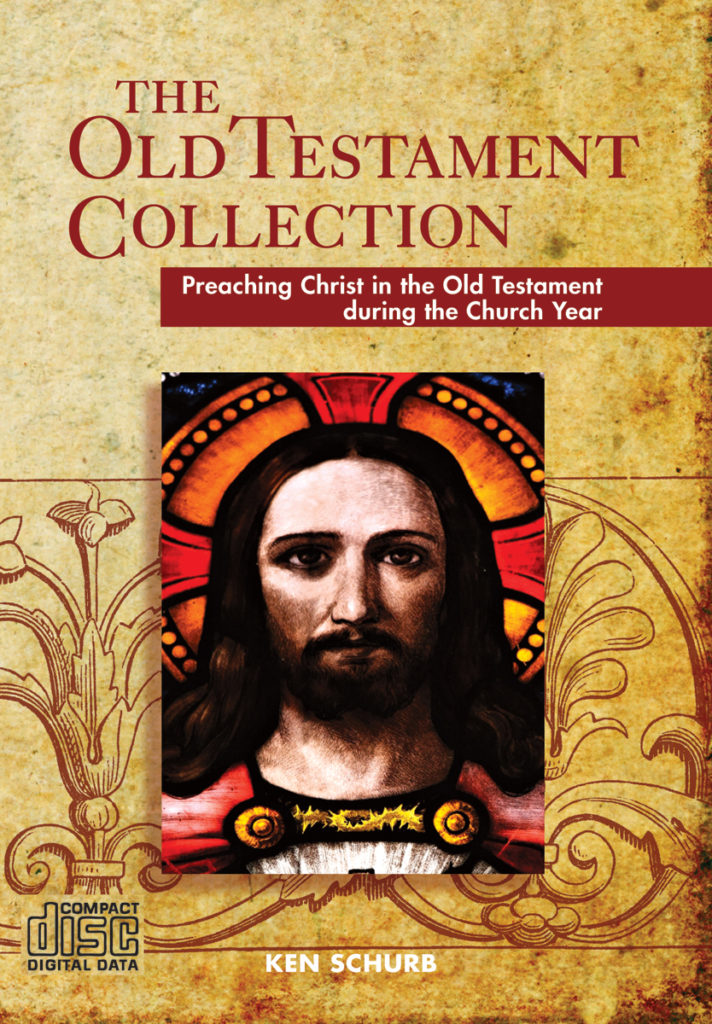This is a series of articles on how to preach Christ in the Old Testament. Many have mistakenly preached using the Old Testament for moralistic preaching or self-help. Preacher, do you want to learn to preach on the basis of the Old Testament?Series of articles will give you a good introduction.
Greidanus in the book Sola Scriptura presents a series of objections to the use of the exemplary biographical sermon, here the four most striking: its anthropocentric character, the hermeneutic deviation and the banalization of the Scripture that favors and the establishment of false or erroneous parallels.
- This type of sermon is clearly intended to urge listeners to imitate good examples and avoid bad examples.
- Something like? Or “don’t be like.
- ” Douma justifies this type of preaching:.
Our parents knew full well that redemptive history is a unified structure with Christ at its center, but they always felt free to deal separately (using biblical data) with certain people described in the scriptures, to describe them psychologically, to talk about their conflicts. and challenges, their strengths and weaknesses, and then draw parallels between the experiences of the biblical Saints and the conflicts of today’s believers. Without hesitation, our parents excelled the virtues of the biblical characters as an example to all, but also their sins and weaknesses as a warning.
Still, Greidanus points out that such sermons promote the passage from the “centrality of God, in biblical literature, to the centrality, in the sermon, of human characters. “Such sermons are anthropocentric. They can develop smoothly without even mentioning Christ, and even if God and Jesus Christ are mentioned, listeners’ attention turns to what men have done.
There are, of course, laudable aspects of character in many biblical figures, but Scripture seems to be very careful to demonstrate how much the entire human race has been distorted so that everyone recognizes Christ’s dependence on salvation, sanctification, and spiritual victory [?]. The faithful preaching that exposes the intent of Scripture is never surprised by the flaws of the saints of the Bible, nor does it show its strength without the divine help that makes God the supreme victor of each passage.
Man’s glory is exalted when listeners are invited to act with the same spiritual skill with which good biblical characters acted or have more spiritual skills than evil characters. This deviation can be seen in this Spurgeon sermon based on Mark 16:14-20 and Luke 23:6-12:
Ⅰ. The positive aspects of Herod’s character
II. Defects in Herod’s character.
The mention of Jesus is absolutely secondary. What is in question is only our ability to do better than Herod in an existential situation similar to that presented in the sermon. For Chapell, “a message that simply defends morality and compassion remains a non-integral Christian message, even if the preacher is able to prove that the Bible requires such teachings. “The Christian message is subverted by ignorance of the corruption of man’s sin and by the carelessness of God’s grace that makes obedience possible and acceptable. It is true that many of these sermons seek to focus on man in his relationship with God, but above all anthropocentric.
After all, no biblical text intends to teach what we can do to become complete or acceptable to God for our works, or to present piety as a human product.
[continued]

